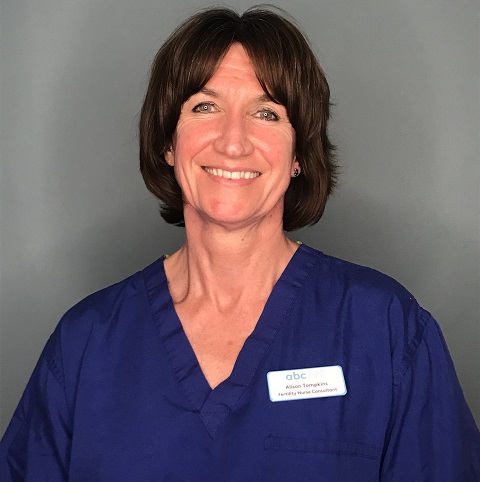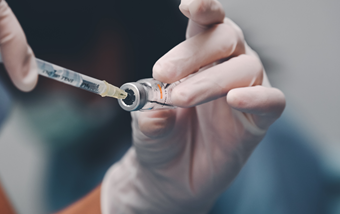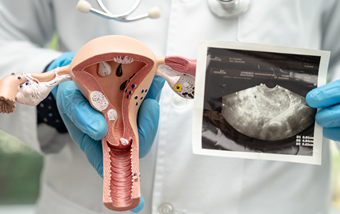Since then, more than 6 million babies have been brought into the world with the help of IVF and we’ve seen huge leaps forward in research, technology and the techniques used. To celebrate and explore the remarkable story of IVF from the opposition, uncertainty and challenges faced by the early pioneers, to the latest research in reproductive science, the Science Museum is launching a new exhibition “IVF: 6 Million Babies Later”.
We are very proud and honoured to announce that abc ivf’s revolutionary ‘Shoebox IVF’ technology will be on display as part of the exhibition, which is taking place from early July through to November 2018.
Designed to dramatically reduce the cost and improve the accessibility of IVF, the ‘Shoebox IVF’, or SCS incubator equipment, was pioneered by US scientist Professor Jonathan Van Blerkom at the University of Colorado, in collaboration with The Walking Egg Foundation, where abc ivf founder Professor Geeta Nargund is a board director.
For over a decade, Professor Geeta Nargund and The Walking Egg Foundation has been at the forefront of research into delivering high quality, successful IVF at an affordable cost; the ‘Shoebox IVF’ technology being the result of their remarkable efforts.
Professor Geeta Nargund comments: “This technology has the potential to completely transform IVF treatment and we are delighted to be bringing this technology to UK patients. abc ivf has been pioneered in an attempt to help those who are priced out of the private IVF market and we believe that this treatment has the potential to significantly increase accessibility, innovation and price transparency; ultimately setting a new standard for the industry.”
In conventional IVF, the traditional incubation systems rely on expensive laboratories, technology and equipment to ensure the environment is correct for embryo development. The 'shoebox IVF' treatment replicates the conditions of conventional laboratories but does not rely on expensive equipment or filtration systems, thereby reducing the cost of treatment.
“An embryo does not care whether it’s in a million-pound laboratory or if it’s in an environment that is very low cost. What it cares about is that its basic environment conditions are met; the temperature, the pH, the CO2 concentration. These are things that are important for an embryo and when we pass that cost saving onto patients we can make IVF more affordable” explains Praful Nargund, previous CEO at abc ivf.
With abc ivf, all of the embryology is carried out to the highest standards; the culture medium used is the same, the embryo monitoring and grading are as per normal laboratory practice and most importantly, success rates are the same as standard IVF.
We hope that our technology will revolutionise the way we think of IVF and that more people dealing with infertility issues can access high quality, affordable fertility treatment.
If you’d like to explore the story of IVF and learn more about abc ivf and ‘Shoebox IVF’ technology, please watch the following video clip:




